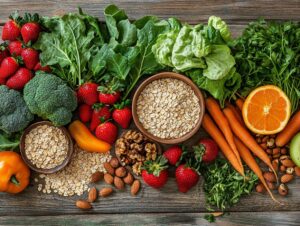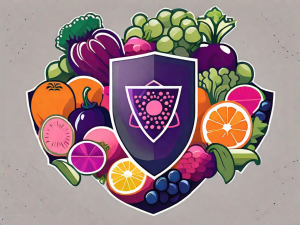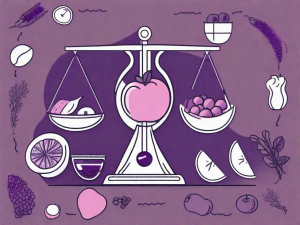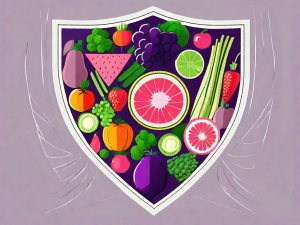Dietary Fiber: An Unsung Hero in Cancer Prevention
Dietary fiber, an indigestible carbohydrate found in plant foods, plays a crucial role in maintaining overall health and preventing chronic diseases like high blood pressure and diabetes. Categorized into soluble fiber and insoluble fiber types, fiber aids in digestion, supports gut health, and reduces the risk of various conditions, including heart disease. Notably, dietary fiber […]









